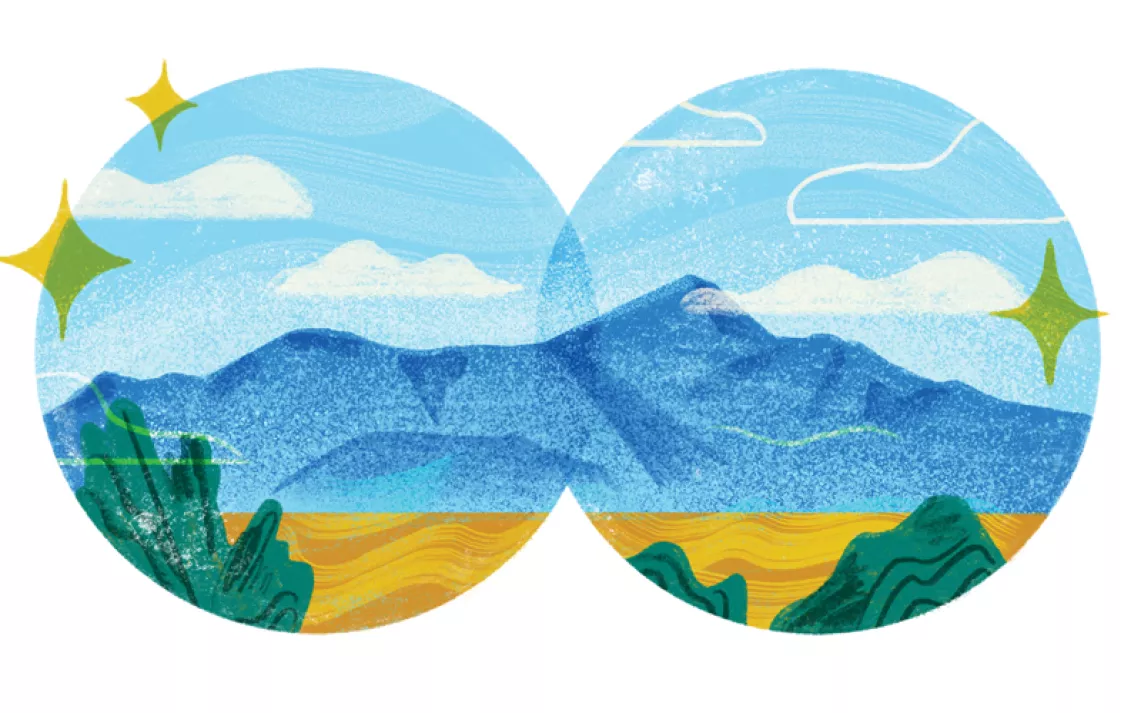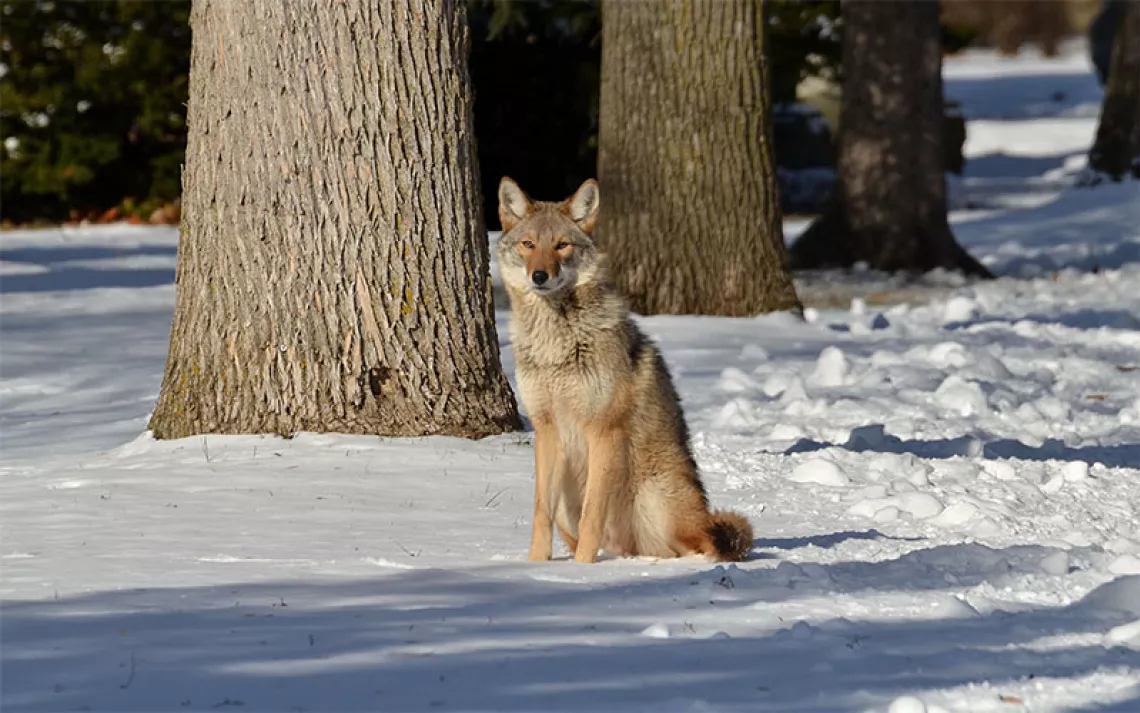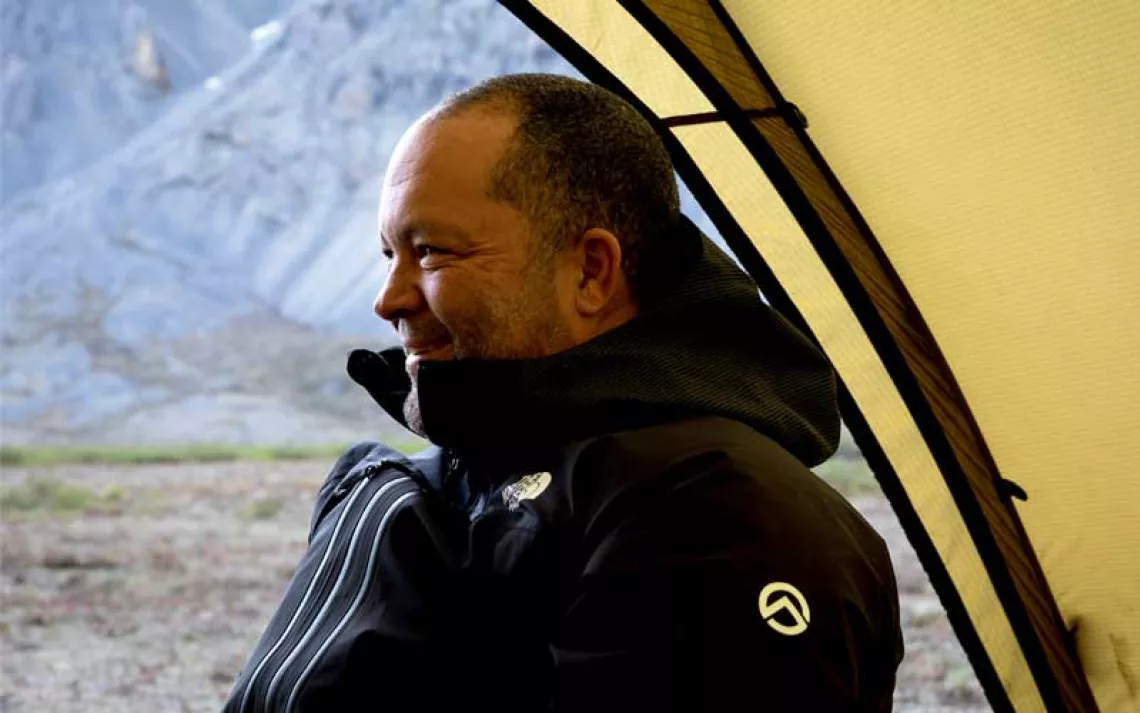Scientists Learn More About the State of Awe
A psychologist says awe may be universal to all human cultures

Photo by SanderStock/iStock
The Trump administration’s push to weaken the EPA and revive dirty industries like coal is enough to make a nature lover want to literally head for the hills. As it turns out, an awe-inspiring walk in the woods may be just the thing we—and the planet—need.
Scientists and psychologists are increasingly studying the sense of awe—that positive feeling of being in the presence of something vast, that transcends our understanding of the world (for more on that, check out Sierra’s November/December 2014 issue). According Dr. Paul Piff, a social psychologist at the University of California at Irvine, experiencing awe can cause us to redirect our concern away from ourselves, and instead focus it outward—something scientists call a “small self” perspective.
“People are often focused on their own interests,” Piff explained, “and the small self represents the alternative to that: less important, less narcissistic, and less entitled, with the feeling that you’re part of something bigger than yourself.”
In 2015, Dr. Piff released a study suggesting that the awe-inducing experience of spending time outdoors leaves people more generous, moral, and willing to help others. For the study, Piff and his fellow researchers prompted participants to recall memories of their favorite sunsets, showed them videos of scenery and wildlife, and led them through a towering eucalyptus grove on the UC Berkeley campus. Here’s how participants reacted:
1) They became more generous. Participants were given 10 lottery tickets for $10 and $500 drawings, and then offered the opportunity to divide the lottery tickets with a randomly assigned partner. Those who registered greater “dispositional awe”—answering questions about how frequently they see the beauty of nature, and how often they feel wonder and awe—were more inclined to share the chance to win money.
2) They made more ethical decisions. After writing about an awe-inducing experience in the natural world, participants in Piff’s study made more moral choices in a series of hypothetical scenarios—such as whether to walk away with extra change following a cashier’s error at Starbucks.
3) They were more prepared to help others. Scientists led participants to a tall building or to a grove of eucalyptus trees, then “dropped” a box of pens in front of each one, recording how many each participant picked up. The results? The students in the natural setting were more helpful than those in the control group, handing back pens at a higher margin.
Of course, Americans aren’t the only people affected by the awe-inspiring power of nature, and since releasing his 2015 results, Piff’s team has begun to explore the ways in which other cultures experience awe. It’s a line of study that’s taken them around the world. For instance, they traveled to a remote part of the Namibian desert to learn about awe among the Himba people, a seminomadic group with a deeply traditional culture.
Dr. Piff described a memorable night on the trip when his team of graduate students were preparing dinner on an open fire, cooking their food under a grand sweep of stars. One by one, some Himba people joined their circle, sharing the warmth and the light of the flames, leaning back to gaze up at the constellations. “Looking around the fire, I could see these perfect ‘awe expressions’ on the faces of the graduate students and the Himba,” he recalls. “Different things inspire awe for different cultures, but the sky did it for all of us.”
His research results have not yet been released, but that evening, Piff was struck by a sense of commonality that transcended culture. “Awe might be a universal experience that’s been built into the human system,” he said, “and one that we share with people around the world.” Given what Piff’s already shown about the social benefits of awe, that would be good news—for people and the planet.
 The Magazine of The Sierra Club
The Magazine of The Sierra Club



